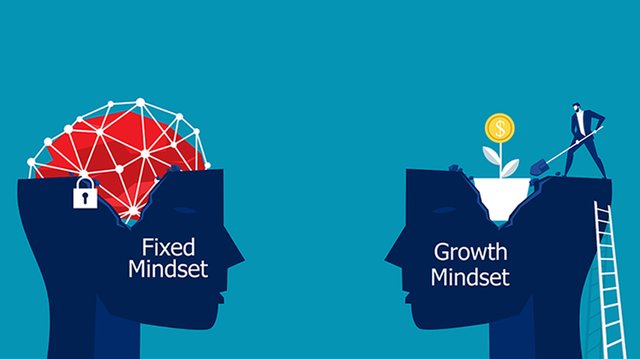Adopt A Growth Mindset For Your Child
A Stanford psychologist named Carol Dweck discovered the power of the growth mindset in her book, Mindset: The New Psychology of Success. People who adopt this mindset are driven by challenges and see failure as an opportunity to improve. Dweck's research began after she visited a high school in Chicago where students were labeled as "Not Yet" when they did not meet expectations. However, students with a growth mindset were not discouraged by this behavior and instead saw it as a way to improve.

Growing up with a growth mindset
The importance of growing up with a growth mindset cannot be overstated. It is a fundamental aspect of a successful life. Kids who learn strategies and believe that their brains are malleable are less likely to give up and are more resilient. But in order to teach kids how to develop a growth mindset, it's important to understand how to foster this mindset and how to make it a part of their everyday routine. Listed below are some tips and activities to introduce growth mindset to your child.
Children with a fixed mindset view failure as an indication of their incompetence or lack of intelligence. Conversely, children with a growth mindset view failure as a learning experience and use it to build their confidence. They bounce back from failure and continue to believe in their abilities. The key is to understand that some things are not within their grasp and require more effort than others. The best way to start teaching your child this mindset is to discuss it with friends and family and to discuss it with your children.
Inculcating a growth mindset is a big responsibility as a caregiver. It is important for children to realize that success does not belong to one person, but rather to a group of people who persevere. Children with a growth mindset have an endless desire for learning and accept new challenges with open arms. While children with a fixed mindset fear failure and want to avoid it, those with growth mindsets embrace every challenge as an opportunity to grow and learn.
Growing up with a fixed mindset
Children with a fixed mindset often interpret difficulties as a confirmation of their lack of talent. They often believe that success means they are clever, when in reality they are not. This kind of thinking wears down their motivation and enjoyment of learning. Praising effort instead of success can help them get over failure, because it allows them to see that they are still clever. A child with a fixed mindset also believes that the only way to get better is to work harder and be cleverer.
Children with a fixed mindset rarely achieve excellence in anything they try, whether it's academic or athletic. They spend all their energy making themselves look smart, but rarely invest their time in learning. Even if they try to learn a new skill, they typically quit after a few attempts, believing they'll never master it. Similarly, those who believe they are "born smart" might avoid taking on new challenges, as they are afraid of being judged.
While kids with a growth mindset tend to learn from challenges and learn from criticism, those with a fixed mindset often feel like they have no chances. The latter tends to be less likely to take criticism, but it does inspire confidence and encourage hard work. Similarly, people with a growth mindset don't feel threatened by failure. However, they don't learn much because they don't fail. Growing up with a fixed mindset may have negative consequences.